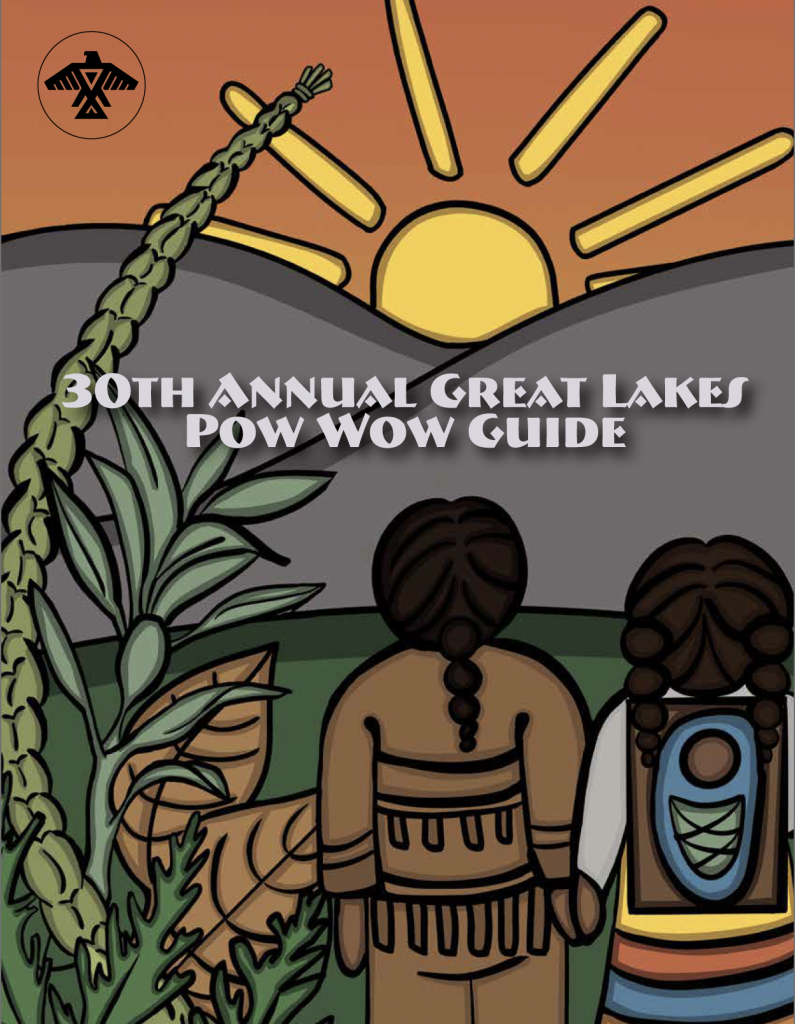Indian Residential School Settlement Agreement
On March 8, 2006, the Indian Residential Schools Settlement Agreement was issued. At the time, it was the largest class action settlement in Canadian legal history, it was negotiated by several different parties representing Indigenous organizations, religious orders, Indian Residential School Survivors, and the federal government.
The Settlement includes the following main components:
- Common Experience Payment (CEP): amount of money to be paid to allformerstudents who attended arecognized Indian Residential School (IRS):
- $10,000 to each eligible Survivor who resided at an IRS for one, or part thereof, a school year;
- $3,000 to each eligible Survivor who resided at an IRS for each school year, or part thereof, afterthefirst schoolyear;
- Deadline for CEP applications: September 19, 2011; and
- Deadline for CEP applications from individuals with disabilities, undue hardship and exceptionalcircumstances(including written reasons for delay): September 19, 2012.
- Independent Assessment Process (IAP): extra-judicial process toresolveclaims of sexual assault, physical assaults,serious psychological abuse, and any other wrongful acts, committed by an employee of the government,churchpersonnel,or by another student, experienced by a former student of a recognized Indian Residential Schools. Thisprocess isoverseen by the Indian Residential Schools Adjudication Secretariat (IRSAS):
- The maximum payment is $275,000
- An additional $250,000 may be awarded for claims of income loss
- Deadline for IAP applications: September 19, 2012
- Aboriginal Healing Foundation (AHF): established in 1998 to create,reinforce, and sustain conditions that promotehealing, reconciliation, and self-determination. The AHF encouraged and supported Indigenous peoples andcommunities inbuilding and reinforcing sustainable healing processes that address the legacy of the Indian ResidentialSchool system,including physical, sexual, mental, cultural, and spiritual abuses and intergenerational impacts.In March 2010, the federal government announced that funding for the AHF would not be renewed. It ispredicted that theAHF will shut down completely in March 2014. The AHF received funding in the amount of $350 milliondollars in1998.
- Commemoration: assist in honouring, educating, remembering,memorializing, and paying tribute to former students, theirfamilies and communities, by acknowledging their experiences and the impacts of the Indian ResidentialSchoolsystem.The Commemoration process may include the creation of, or improvements to existing, permanent memorialsandcommemorative structures, or ceremonies or other projects.
Funds in the amount of $20 million dollars have been provided for Commemoration projects and events.
Federal Indian Day School Class Action
In March of 2019, a settlement of a nationwide Indian Day School Class Action lawsuit against Canada wasannounced. Itwas then approved by the Federal Court in August that same year. In January of 2020, the settlement wasimplemented,allowing for monetary compensation for Survivors or their descendants who attended federally-run Day Schools.FromJanuary 13, 2020, to July 13, 2022, plaintiffs in the form of Survivors and representatives can fill out andsubmittheir claims for review. Claims are divided into five (5) levels on a harm grid, level one being the leastharmexperienced and therefore requires the least information from the claimant. The claim level increases with theseverityof the abuse and harm experienced, with the highest amount of compensation being provided for level five.Compensationranges from $10,000 to a maximum of $200,000, based on the identified level within the claim. The list of harmlevelsand eligible schools can be found on the settlement website.
Estate Representatives (trustee, administrator, or executor) are able to apply on behalf of a loved one whopassed awayon or after July 31, 2007. It is important to note that this lawsuit is against Canada, and is for federallyfunded andrun Day Schools, therefore provincial schools and other institutions are excluded.
Website and contact information:
https://indiandayschools.com/en/
Claims Administrator:
Phone: 1-888-221-2898
Fax: 1-416-366-1102
E-mail: indiandayschools@deloitte.ca
Website: https://www.classaction.deloitte.ca/en-ca/Pages/indiandayschoolsclaims.aspx
Class Council:
Phone: 1-844-539-3815
Fax: 1-613-788-3629
E-mail: dayschools@gowlingwlg.com
Residential Day Scholar Class Action
This newly announced settlement was approved by a Federal Court on September 24, 2021. Beginning January 4,2022 andconcluding October 4, 2023, Survivors are able to submit their claims for monetary compensation for specificharmsexperienced as a result of their attendance at Indian Residential Schools as a Day Scholar. This settlement isfor thosewho attended an Indian Residential School but did not spend the night at the school, meaning they were ascholar, butnot a resident of the school. Day Scholars who attended a Residential School between 1920 and 1997 could beeligible fora set compensation payment of $10, 000. Descendants of a Day Scholar who passed away on or after May 30, 2005,couldalso apply on behalf of their loved one. A list of eligible schools is available on the settlement website.
According to the settlement’s website, “The lawsuit asserted that the purpose, operation, and management ofIRSsdestroyed the Class Members’ language and culture, violated their cultural and linguistic rights, and causedpsychological harm.”
https://www.justicefordayscholars.com/resources/faqs/
As of May 20, 2005, it is estimated that somewhere between 12,000-20,000 Day Scholar Survivors were alive. Itisimportant to note that this lawsuit is against Canada only, and therefore only covers institutions developedand fundedby the Federal Government under the Indian Act, meaning provincially-funded schools are excluded from thisparticularsettlement. It is also important to note that Day Scholars can still apply for compensation under thissettlement, evenif they received compensation under the Federal Indian Day School Class Action or the Indian ResidentialSchoolSettlement Agreement. However, they cannot apply for compensation from more than one settlement, for the sameschoolyear.
Day Scholars were typically excluded from the Indian Residential Schools SettlementAgreement, CommonExperience Paymentof 2006, because although they were students, they were not residents of the schools. Therefore, thisSettlement aims toclose the gap of Survivors of Indian Residential Schools who were denied compensation through the IndianResidentialSchools Settlement Agreement.
Website and contact information:
https://www.justicefordayscholars.com/
Claims Administrator:
Phone: 1-877-877-5786 (Monday to Friday, 12:00 pm – 8.00 pm EST)
Fax: 416-601-6101
E-mail: dayscholarsclaims@deloitte.ca
Website: https://www.classaction.deloitte.ca/en-ca/Pages/dayscholarsclaims.aspx
Class Council:
Phone: 1-888-222-6845 (toll-free)
Fax: 416-477-1657
E-mail: dayscholars@waddellphillips.ca




